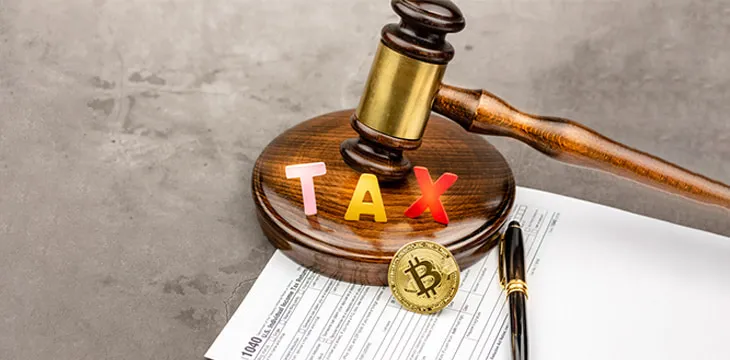|
Getting your Trinity Audio player ready...
|
Kenya is seeking to tax over 4 million digital asset owners in a new bill that, if approved, will bring this rapidly-growing industry under regulatory oversight for the first time ever in the East African country.
The Capital Markets (Amendment) Bill, 2022, was proposed recently by Abraham Kirwa, a legislator from the ruling Kenya Kwanza Alliance. It seeks to impose taxation on digital asset exchanges, wallet providers, and traders, local outlet Business Daily reports.
Any Kenyan who sells a digital asset that has increased in value will have to pay capital gains to the Kenya Revenue Authority (KRA) if the bill sails through parliament.
“Where the digital currency is held for a period not exceeding twelve months, the laws relating to income tax shall apply or for a period exceeding twelve months, the laws relating to capital gains tax shall apply,” the bill says.
If approved, the bill will be the first legislation that caters to the digital asset sector in the country. Kenya has seen an explosion in digital asset adoption over the past few years, ranking atop the global peer-to-peer trading volume chart for 2020 and 2021. In this year’s Chainalysis Global Crypto Adoption Index, the country ranked in the top 20 globally for adoption.
Despite this adoption, Kenya has yet to implement any laws to govern the industry. This has seen thousands of investors lose their money in digital asset scams such as Nurucoin, a local project which shut down abruptly with $27 million worth of investors’ funds.
The new bill is seeking to change this. It states that any Kenyan who deals in digital assets must “provide [the tax agency] with the following information for tax purposes—the amount of proceeds from the transaction, any costs related to the transaction and the amount of any gain or loss on the transaction.”
Aside from taxes, the new bill seeks to protect Kenyan digital asset investors. It will amend the existing laws to define digital assets as securities, bringing them under the purview of the Capital Markets Authority (CMA). It also requires the CMA to keep a centralized electronic register of all transactions in digital assets.
Watch: The BSV Global Blockchain Convention panel, The Future World with Blockchain

 08-02-2025
08-02-2025 





